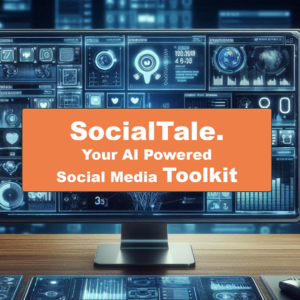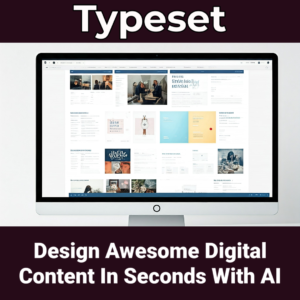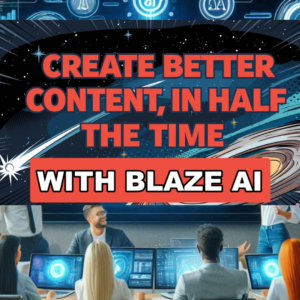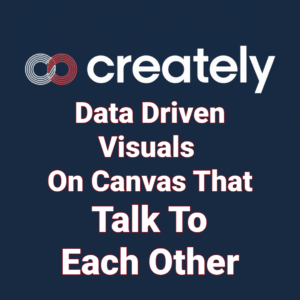OpenAI’s Sora tool marks a significant advancement in artificial intelligence, enabling the generation of short videos from textual descriptions. This text-to-video technology has the potential to transform filmmaking and content creation by allowing users to produce visual content without extensive resources or technical expertise.
Users can input descriptions, such as “a stylish woman walks down a Tokyo street,” and Sora generates videos up to 60 seconds long based on that information.
Initial Release and Public Availability
Initially available only to select participants for research and testing, Sora is now accessible to the general public. In the United States, users can access Sora through a ChatGPT Plus subscription, priced at $20 per month, which allows for the creation of up to 50 videos of up to 20 seconds each. More extensive features, including higher resolution and longer videos, are available via a ChatGPT Pro subscription. This transition represents a significant step in making advanced AI tools available to a wider audience.
Business and Marketing Opportunities with Sora
Sora’s advanced text-to-video technology presents unprecedented opportunities for businesses and marketers to revolutionize content creation and communication strategies. By enabling rapid, cost-effective video generation, the tool opens new avenues for digital marketing, product visualization, and brand storytelling that were previously prohibitively expensive or time-consuming.
For marketing teams, Sora offers the ability to quickly prototype and produce dynamic visual content without extensive video production resources. Businesses can now generate product demonstrations, explainer videos, and promotional materials within minutes, dramatically reducing production time and costs. Small and medium-sized enterprises, which traditionally faced significant barriers in video marketing, can now create professional-quality visual content that competes with larger organizations.
E-commerce platforms and retail brands can leverage Sora to create personalized product showcases, generating multiple video variations tailored to different customer segments. Social media marketers can rapidly produce engaging content for platforms like Instagram, TikTok, and YouTube, allowing for more agile and responsive digital marketing strategies. Additionally, training and educational sectors can use Sora to develop instructional videos and visual learning materials with unprecedented speed and flexibility.
However, businesses must also navigate the ethical considerations and potential limitations of AI-generated content. Transparency about the use of AI-generated videos and maintaining authentic brand communication will be crucial in building trust with consumers. As the technology continues to evolve, companies that strategically integrate Sora into their content creation workflows will likely gain a significant competitive advantage in the rapidly changing digital landscape.
The Impact of Sora on the Entertainment Industry
Transformative Potential for Filmmakers
Sora’s capability to create videos from written descriptions offers filmmakers a cost-effective and accessible tool for content creation. By reducing the financial barriers associated with traditional filmmaking, Sora democratizes the process, enabling more creators to explore and share their visual ideas. A notable example is the music artist Washed Out, who used Sora to produce an AI-generated music video, showcasing the tool’s creative potential.
Concerns and Controversies
Despite its transformative potential, Sora’s release has raised concerns within Hollywood about job displacement. As AI technology continues to advance, there is growing apprehension about its impact on employment in the entertainment industry. Additionally, debates over intellectual property rights and fair compensation for artists whose work is used to train AI models have intensified, raising ethical questions about the tool’s development and deployment.
Geographic and Demographic Accessibility
Regional Availability and Restrictions
Sora is currently available to users aged 18 and older in regions where ChatGPT is accessible, excluding the UK, Switzerland, and the European Economic Area. OpenAI is actively working to expand Sora’s availability to these regions, aiming to make the tool accessible to a global audience.
Development of a Free Version
In addition to its subscription-based models, OpenAI is developing a free version of Sora. This initiative aims to broaden access to the tool, allowing more users worldwide to experience its capabilities and explore new creative possibilities.
Ethical and Safety Considerations
Safety Measures and Misuse Prevention
OpenAI has implemented various safety measures to prevent the misuse of Sora, such as generating inappropriate content. The engineering team has focused on enhancing these safeguards to ensure the tool is used responsibly and ethically.
Artist and Creator Concerns
The release of Sora has not been without controversy. Some artists have expressed dissatisfaction with OpenAI’s approach to testing and development, citing inadequate compensation for creators involved in the process. An open letter criticizing these practices has garnered significant support from the artistic community, highlighting the need for ethical considerations in AI development.
The Future of AI in Entertainment
Long-Term Implications for the Industry
As AI technology continues to evolve, its long-term implications for the entertainment industry are profound. Sora’s release may pave the way for new creative collaborations between tech companies, studios, and talent, offering both challenges and opportunities for the industry.














